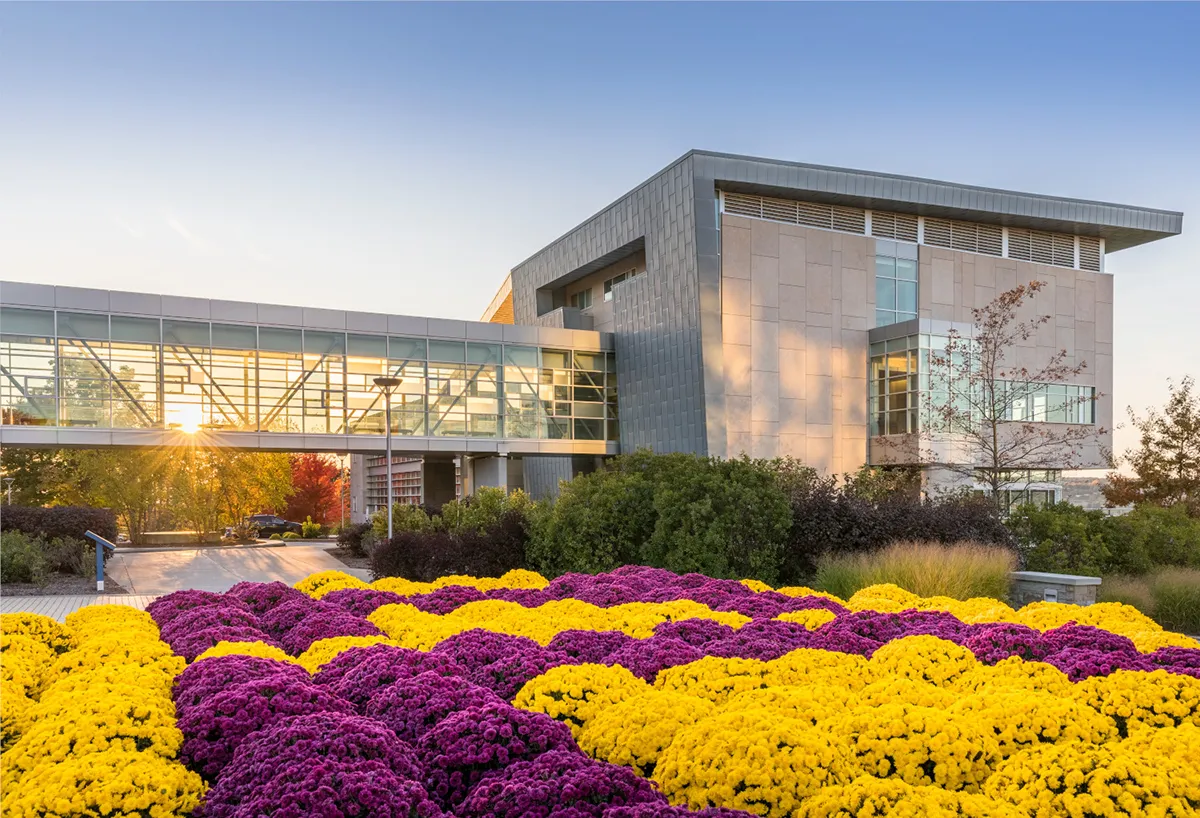Dear IC community,
In March, when Ithaca College first decided to shift to remote instruction and remote work in response to the public health crisis around COVID-19, we did so with tremendous hope that we would be able to welcome our community safely back to campus this fall.
Since then, this crisis has continued to evolve in unpredictable ways. At every key decision point within our institutional response, we have held firm to our commitment to be diligent, careful, and nimble, always prioritizing the health and safety of our students, their families, our faculty and staff, and our local communities.
With this tremendous responsibility front of mind, I am announcing today that Ithaca College will be extending remote instruction for students through the fall semester. This means that we will not be welcoming all students back to campus this fall as we had hoped.
This was an agonizing decision that I made in consultation with the members of my senior leadership team, informed by the best thinking of so many members of our college community and data around the evolution of this pandemic. Personally, this saddens me greatly, and I have sincerely missed seeing our campus activated with our students’ energy and their zest for learning and for life. I also know how very much our students want to return to IC — we have heard your voices so clearly.
However, the reality of COVID-19 is deeply concerning. This pandemic has infected more than 5.4 million people in the United States and has taken the lives of more than 170,000. We have been fortunate in New York State, and specifically in the Ithaca area, to currently have a low prevalence of infections. These numbers are encouraging, but we have learned from watching other communities how delicate this equilibrium is, and how quickly it can be disrupted.
Additionally, as planning for the fall academic and residential experience continued, it became very clear that, due to the absolutely necessary modifications around things like facilities preparedness and population density, the on-campus experience that our students would have had this semester would ultimately be very different from the IC experience our students would expect and that we would want them to have.
Finally, though none of us can predict the future with any certainty, it is easy to foresee the likelihood of a public health trajectory that would mandate the closure of the college due to circumstances beyond our control. Bringing students here, only to send them back home, would cause unnecessary disruption in the continuity of their academic experience.
I know this decision to continue remote learning through the fall is disappointing, and it does not reflect what any of us had hoped for. But I sincerely believe this is the correct and responsible choice for Ithaca College to help protect the health and safety of our students, their families, our faculty and staff, and our Ithaca-area communities.
It is imperative for all of us to collectively act responsibly across the country while we are apart so that we can get to the other side of this pandemic crisis and be together again on a vibrant and healthy campus.
I also want to state clearly that the continuation of remote instruction applies to our fall semester only. We fully intend to invite all students back to campus for the spring semester, as long as circumstances around COVID shift to enable us to do so in a reasonably safe manner.
